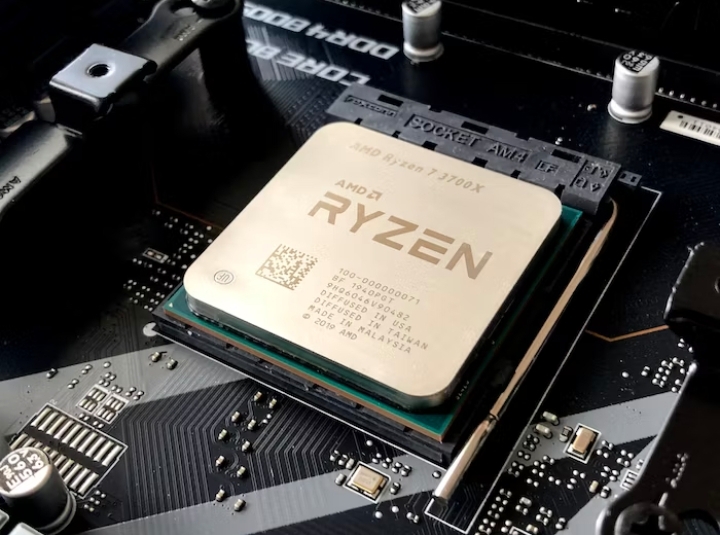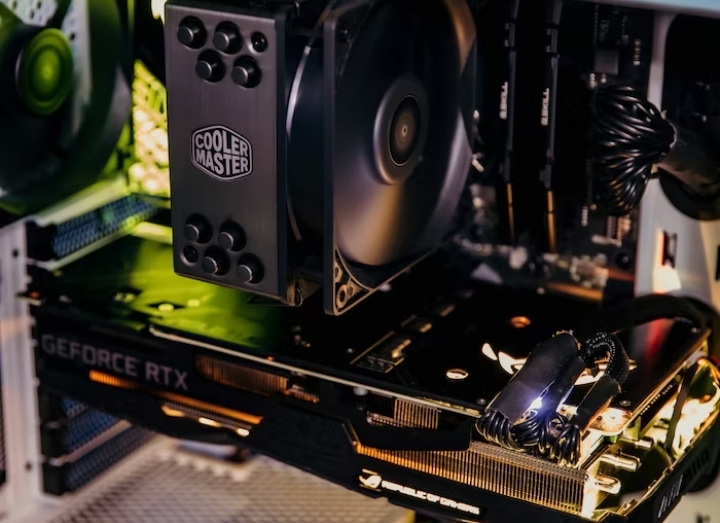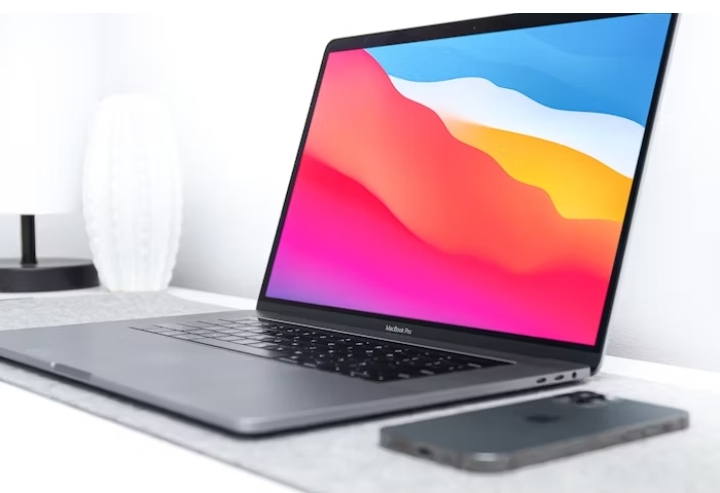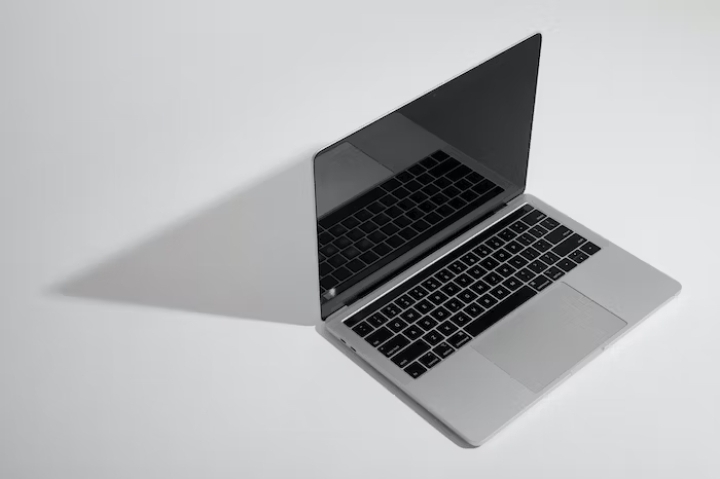What Is Battery mAh and What Does It Measure?
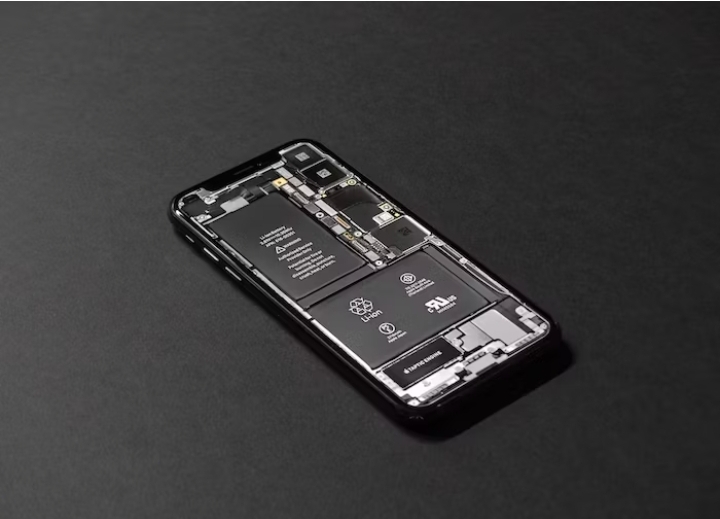
In this digital age, we heavily rely on batteries to power our portable devices such as smartphones, tablets, and laptops. One common specification that we often come across when purchasing batteries or electronic devices is “mAh.” But what exactly does mAh mean, and how does it affect our battery performance? In this article, we will talk about battery mAh and understand its significance in powering our everyday gadgets.
What is Battery mAh?
mAh stands for milliampere-hour. It is a unit used to measure the capacity of a battery to store and deliver electric charge over time. Simply put, mAh represents the energy storage capacity of a battery and indicates how long a battery can supply a certain amount of current.
Basic Battery Capacity Terms
To comprehend the concept of mAh, it is Important to have a basic understanding of voltage and current.
A. Voltage
Voltage, measured in volts (V), represents the force or pressure of electric current. It determines the electrical potential difference between two points in a circuit. Higher voltage generally leads to faster energy flow.
B. Current
Current, measured in amperes (A), refers to the rate of flow of electric charge. It determines the amount of charge passing through a circuit per unit of time. Higher current results in faster energy consumption.
What is mAh?
Now that we understand voltage and current, we can define mAh. Milliampere-hour (mAh) is a measure of the total charge capacity of a battery. It represents the amount of current a battery can deliver over a specific period. For example, a battery with a capacity of 2000mAh can theoretically supply a current of 2000 milliamperes for one hour.
How mAh is Calculated
The calculation of mAh is relatively straightforward. It involves multiplying the current flowing through a battery by the time the battery can deliver that current. For instance, if a battery provides a current of 100 milliamperes for 20 hours, the capacity would be calculated as 100mAh x 20 hours = 2000mAh.
Importance of mAh in Batteries
Understanding the mAh rating of a battery is crucial when it comes to battery performance and device compatibility.
1. Battery Life
The mAh rating directly correlates to the battery life. Higher mAh means the battery can provide power for a longer duration before needing to be recharged. For example, a smartphone with a battery rated at 4000mAh can last longer than a device with a 2000mAh battery under similar usage conditions.
2. Device Compatibility
Different devices have varying power requirements. The mAh rating helps determine whether a battery is suitable for a particular device. Using a battery with a lower mAh rating than what the device requires may result in shorter battery life or insufficient power supply, leading to frequent recharging or even device malfunction.
Factors Affecting Battery mAh
Several factors can impact the actual mAh performance of a battery.
A. Battery Chemistry
Different battery chemistries, such as lithium-ion, nickel-metal hydride, or lead-acid, have varying energy densities and efficiencies. Each chemistry has its own mAh capabilities and discharge characteristics.
B. Temperature
Extreme temperatures, both hot and cold, can affect the battery’s mAh rating. High temperatures can accelerate chemical reactions within the battery, reducing its capacity, while low temperatures can increase internal resistance, limiting the amount of charge that can be delivered.
C. Discharge Rate
The mAh rating of a battery is often specified for a particular discharge rate. Higher discharge rates may result in lower actual mAh performance due to increased internal resistance and energy loss. It’s important to consider the discharge rate when assessing battery performance.
D. Common mAh Ratings
Batteries come in various mAh ratings, depending on their intended use. Common examples include 1000mAh, 2000mAh, 5000mAh, and even higher capacities. The higher the mAh rating, the longer the battery is expected to last.
E. Practical Examples
To illustrate the significance of mAh ratings, let’s consider a couple of practical examples. Suppose you have a power bank with a 10,000mAh capacity. This means it can theoretically provide a current of 1000 milliamperes for 10 hours, or 500 milliamperes for 20 hours, and so on.
Similarly, if you own a smartphone with a 3000mAh battery, it should provide sufficient power for a day of moderate usage. However, heavy usage, such as gaming or streaming, may drain the battery more quickly.
Tips for Maximizing Battery Life
To make the most of your battery’s mAh capacity and prolong its lifespan, here are a few tips:
- Optimize screen brightness and timeout settings.
- Close unnecessary background apps and processes.
- Reduce the frequency of push notifications and auto-sync.
- Enable power-saving modes when available.
- Avoid extreme temperatures and excessive heat exposure.
- Use original or reputable chargers and cables.
- Avoid overcharging or fully discharging the battery.
Conclusion
Battery mAh is a critical factor in determining the capacity and performance of batteries. It directly affects the battery life and compatibility with devices. Understanding mAh ratings helps users make informed decisions when selecting batteries or portable devices.
By considering factors like battery chemistry, temperature, and discharge rate, users can better optimize their battery performance and prolong their lifespan. Remember to follow best practices for maximizing battery life and ensure the safe and efficient usage of your devices.
FAQs
Does a higher mAh rating always mean better battery performance?
While a higher mAh rating generally indicates a longer-lasting battery, other factors like device efficiency and power consumption also play a role. It’s important to consider overall battery performance rather than relying solely on mAh rating.
Can I use a battery with a lower mAh rating for my device?
Using a battery with a lower mAh rating may result in shorter battery life or insufficient power supply. It’s recommended to use a battery with a matching or higher mAh rating to ensure optimal performance.
Are all batteries with the same mAh rating equal in performance?
Not necessarily. Battery chemistry, brand reputation, and quality can influence the actual performance of batteries with the same mAh rating. It’s advisable to choose reputable brands and reliable products.
How can I check the mAh rating of a battery before purchasing?
The mAh rating of a battery is typically mentioned in the product specifications or labeling. You can find it on the battery itself or in the product description when purchasing online. If you’re unsure, you can consult with the manufacturer or retailer for accurate information.
Can I charge a battery with a higher mAh rating than my device requires?
Yes, you can. Charging a battery with a higher mAh rating than your device requires will not cause any harm. The device will draw only the amount of current it needs, and the excess capacity of the battery will provide a longer runtime.
Can I replace my device’s battery with one that has a higher mAh rating?
It’s generally not recommended to replace a device’s original battery with one that has a significantly higher mAh rating. This is because the device’s circuitry and power management systems are designed to work optimally with the specified battery capacity. Using a higher-capacity battery may cause compatibility issues or affect the device’s performance.
Does fast charging affect the mAh capacity of a battery?
Fast charging technologies aim to charge a battery more quickly without significantly affecting its mAh capacity. However, fast charging can generate more heat and stress the battery, potentially leading to a slight reduction in overall capacity over time. It’s important to balance fast charging convenience with the long-term health of the battery.
How can I extend the lifespan of my battery?
To extend the lifespan of your battery, avoid frequent deep discharges and extreme temperatures. Try to keep the battery level between 20% and 80% for optimal longevity. Additionally, using reputable chargers and following manufacturer guidelines for charging and storage can help prolong the battery’s lifespan.
Can I recycle batteries with different mAh ratings together?
It’s generally safe to recycle batteries with different mAh ratings together, as long as they are of the same chemistry. However, it’s always a good practice to check with your local recycling facilities or programs to ensure proper disposal and recycling guidelines.
What other factors should I consider when choosing a battery?
Apart from mAh rating, factors like battery chemistry, quality, and compatibility with your device should be considered. Researching reputable brands, reading customer reviews, and consulting with experts can help you make an informed decision when choosing a battery.
Remember, understanding battery mAh and its significance empowers you to make informed choices when it comes to powering your devices efficiently and effectively.

